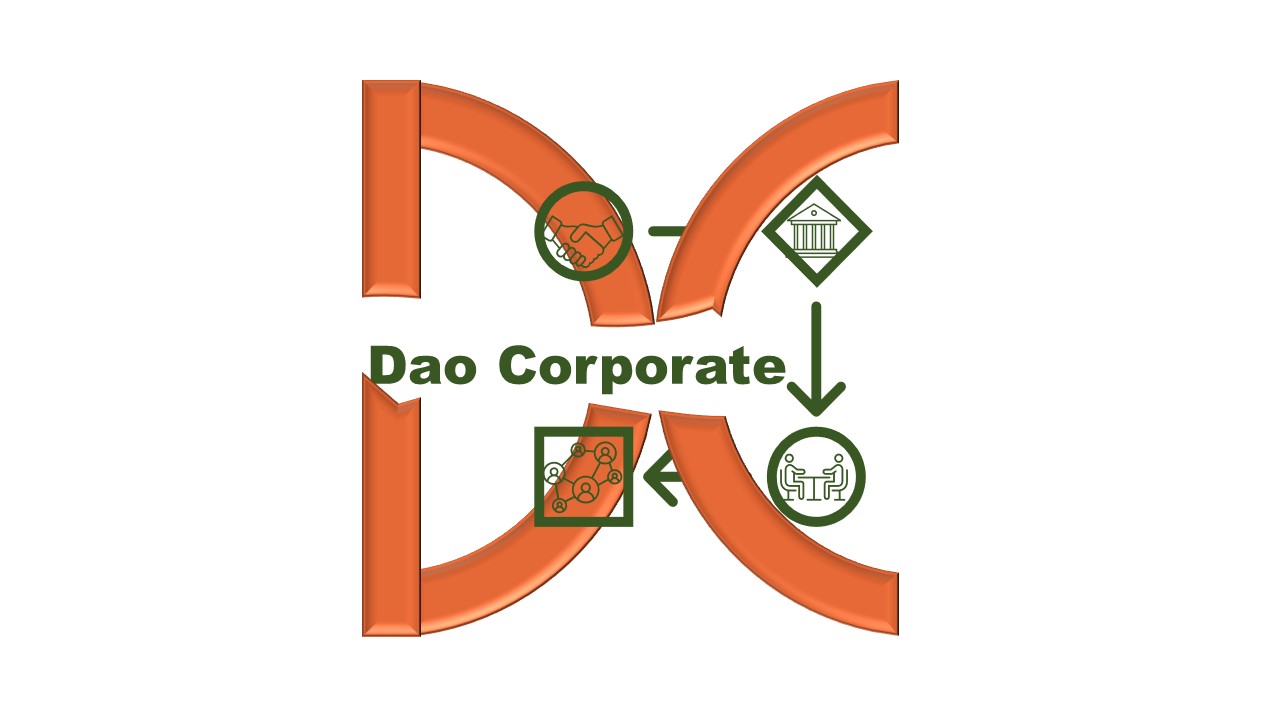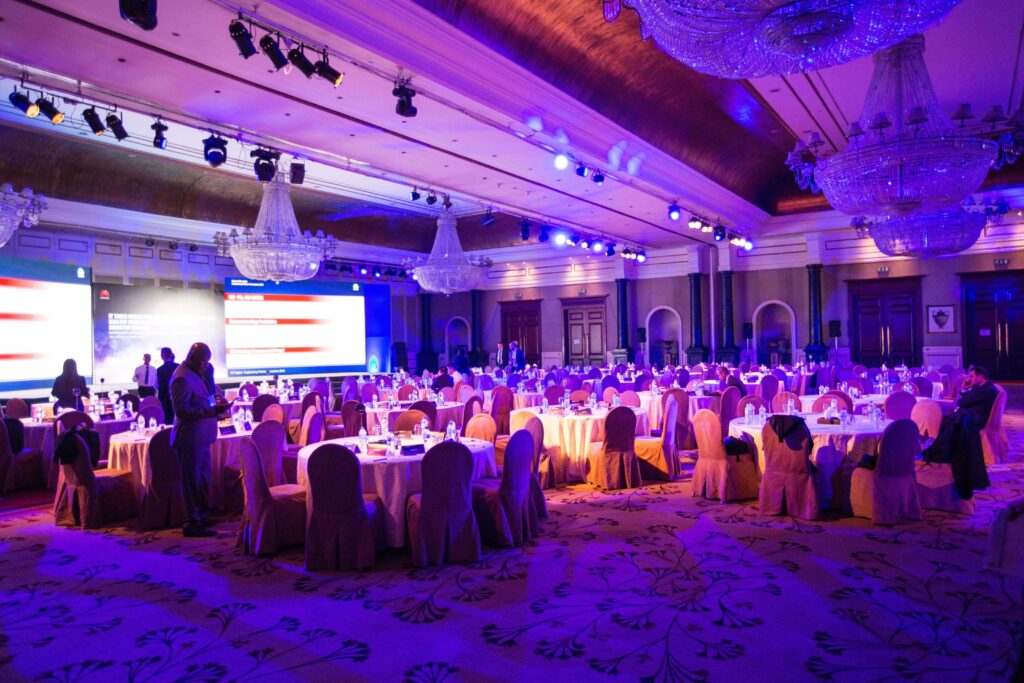Event organization involves the planning, coordination, and execution of various activities and logistics to create a successful event. Events can range from small gatherings to large-scale conferences, weddings, concerts, trade shows, and more. Event organizers, often referred to as event planners or coordinators, work to ensure that all aspects of an event run smoothly and meet the objectives of the organizers and participants. Here are key elements of event organization:
- Event Concept and Objectives:
- Defining the purpose, goals, and overall concept of the event.
- Establishing key performance indicators (KPIs) to measure success.
- Budgeting:
- Creating a detailed budget that includes expenses for venue rental, catering, decorations, entertainment, marketing, and other relevant costs.
- Tracking expenditures and managing finances throughout the planning process.
- Venue Selection:
- Identifying and securing a suitable venue based on the type and size of the event.
- Negotiating contracts and ensuring the venue meets technical and logistical requirements.
- Logistics and Operations:
- Coordinating logistics, including transportation, accommodation, and equipment rental.
- Developing a detailed timeline and schedule for the event.
- Event Design and Theming:
- Creating a visual concept for the event, including decorations, signage, and branding.
- Ensuring that the event design aligns with the overall theme or message.
- Vendor Management:
- Hiring and managing vendors such as catering services, audiovisual companies, photographers, and decorators.
- Negotiating contracts, overseeing deliverables, and managing vendor relationships.
- Marketing and Promotion:
- Developing a marketing strategy to promote the event and attract attendees.
- Using various channels, including social media, email campaigns, and traditional media, to generate awareness.
- Registration and Ticketing:
- Setting up an efficient registration system for attendees.
- Managing ticketing, RSVPs, and attendee communication.
- Entertainment and Program:
- Planning the event program, including keynote speakers, entertainment, and activities.
- Coordinating rehearsals and ensuring smooth transitions between program elements.
- Audiovisual Production:
- Managing technical aspects such as sound systems, lighting, and multimedia presentations.
- Ensuring that technical requirements align with the needs of speakers and performers.
- Risk Management and Contingency Planning:
- Identifying potential risks and developing contingency plans.
- Having protocols in place for emergencies or unforeseen challenges.
- On-Site Coordination:
- Overseeing on-site logistics, including setup, registration, and coordination of staff and volunteers.
- Handling unforeseen issues and ensuring a smooth flow of the event.
- Post-Event Evaluation:
- Collecting feedback from attendees and stakeholders.
- Evaluating the success of the event against established objectives and KPIs.
- Sustainability and Environmental Considerations:
- Implementing eco-friendly practices and minimizing the environmental impact of the event.
- Managing waste and promoting sustainability initiatives.
- Legal and Compliance:
- Ensuring compliance with relevant laws, permits, and regulations.
- Addressing liability and insurance considerations.
Successful event organization requires attention to detail, strong organizational skills, effective communication, and the ability to work under pressure. Event planners often collaborate with a diverse team of professionals, including caterers, decorators, audiovisual technicians, and marketing specialists, to bring the event to life. Additionally, staying updated on industry trends and leveraging technology for event management can contribute to the overall success of the event.



